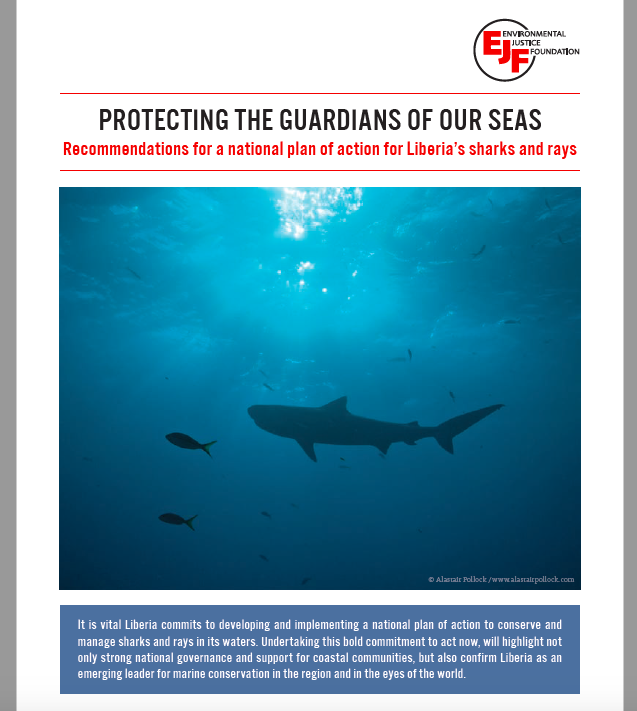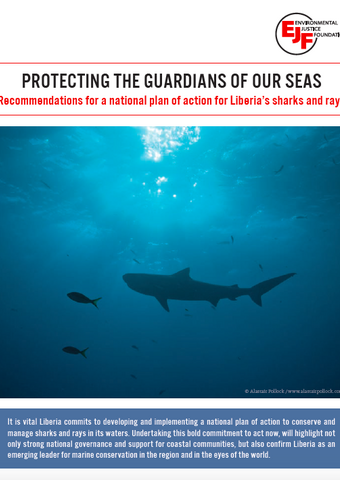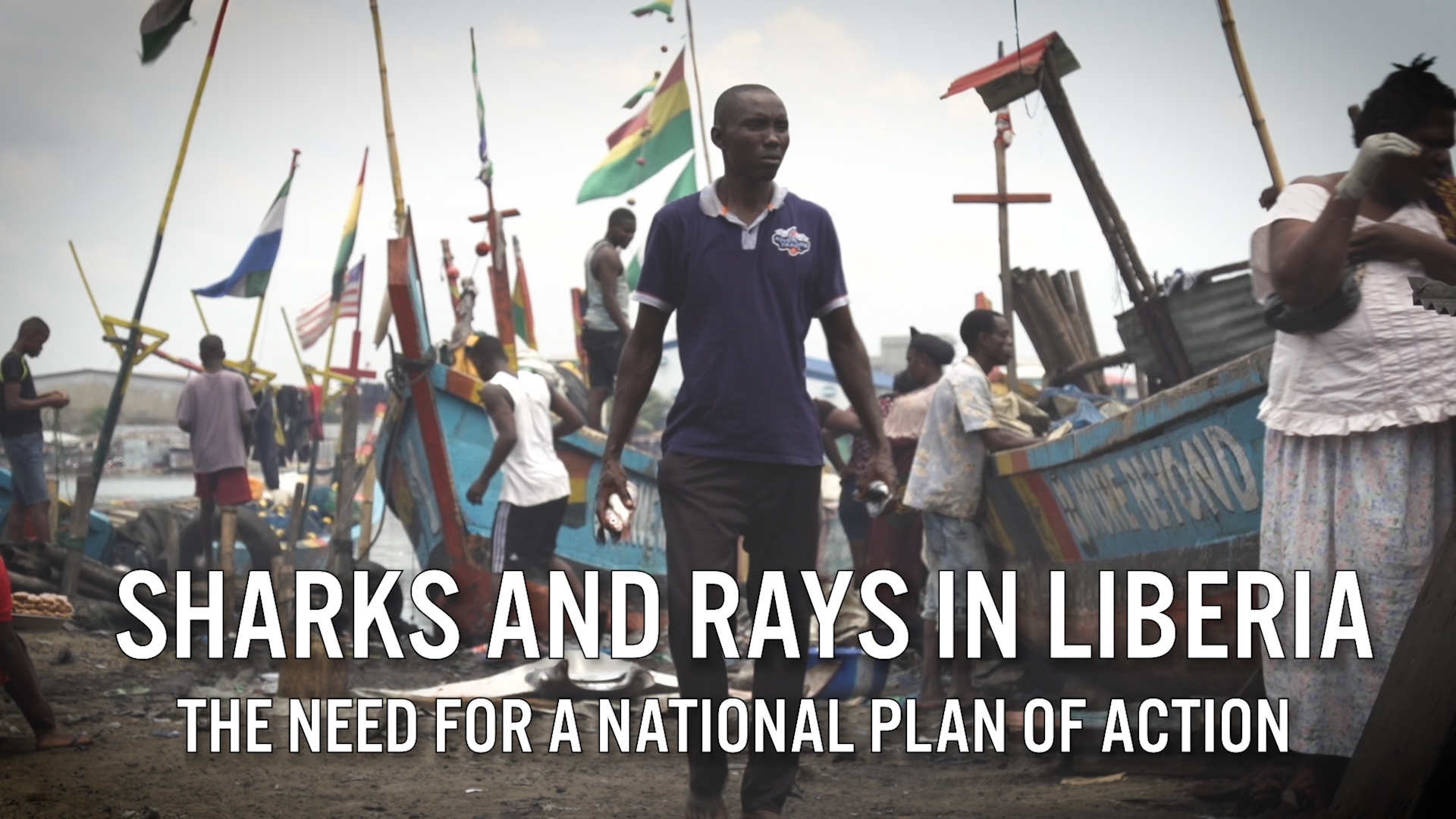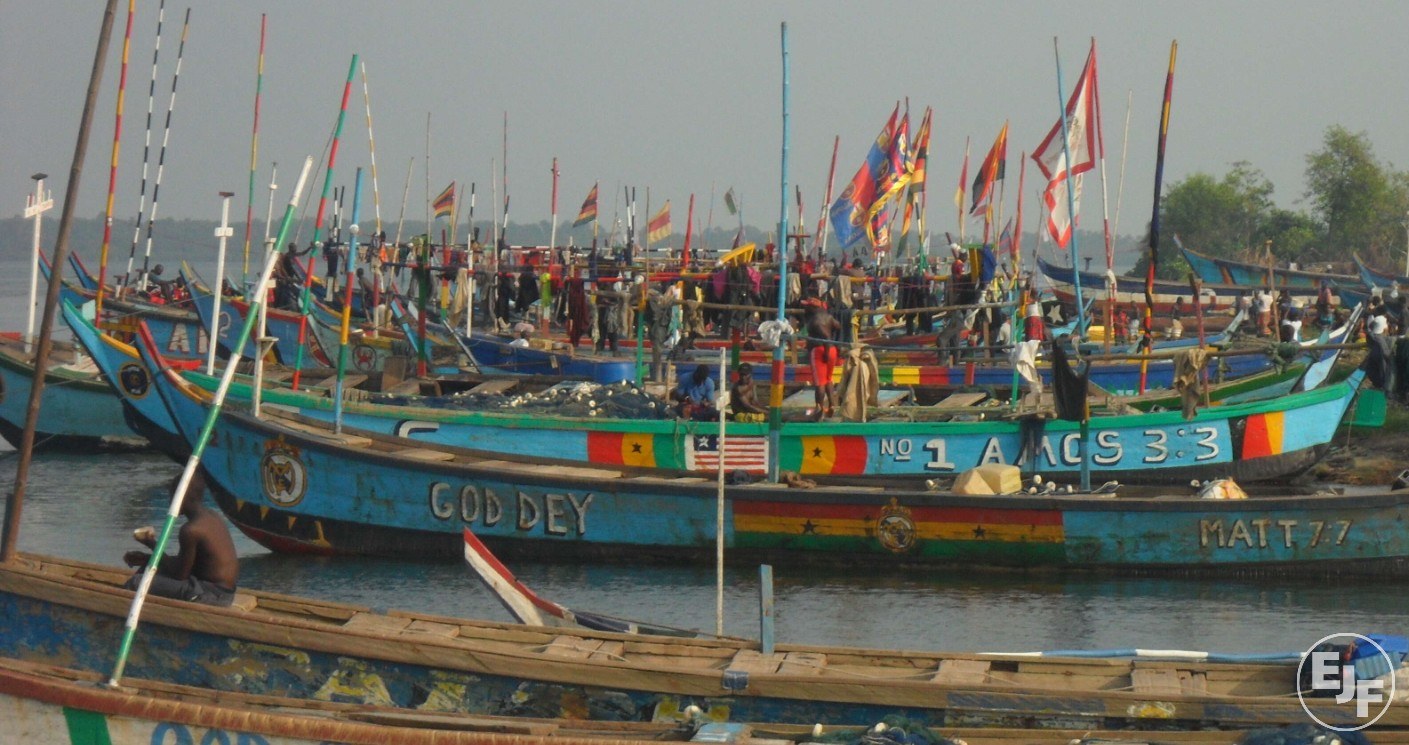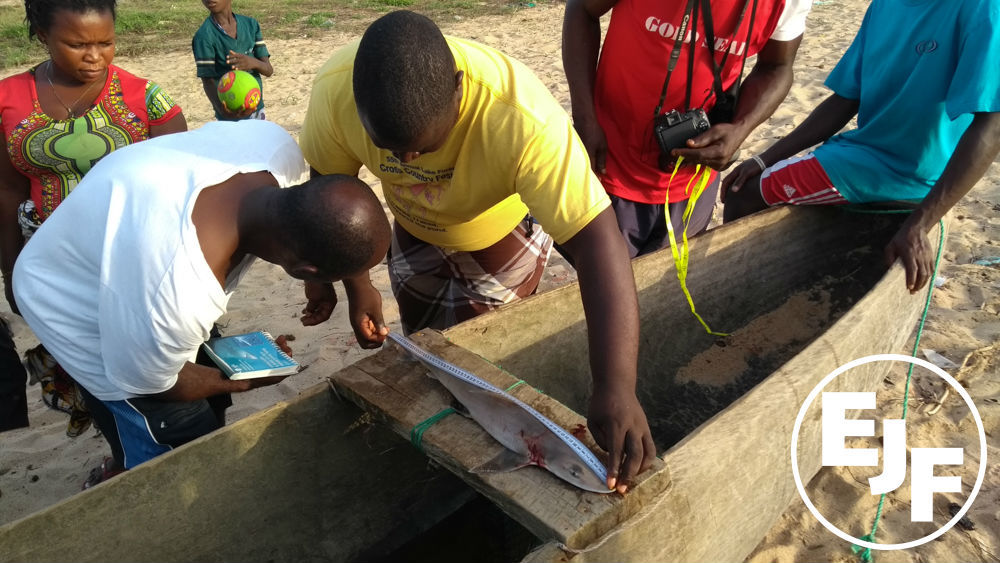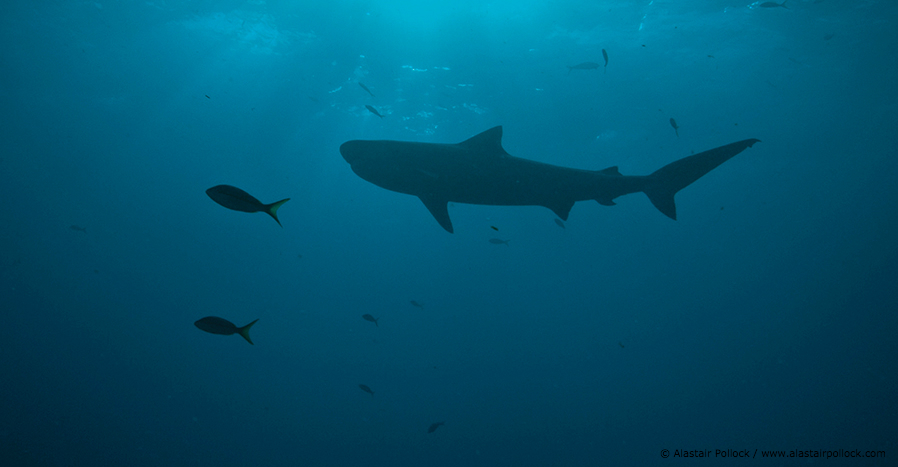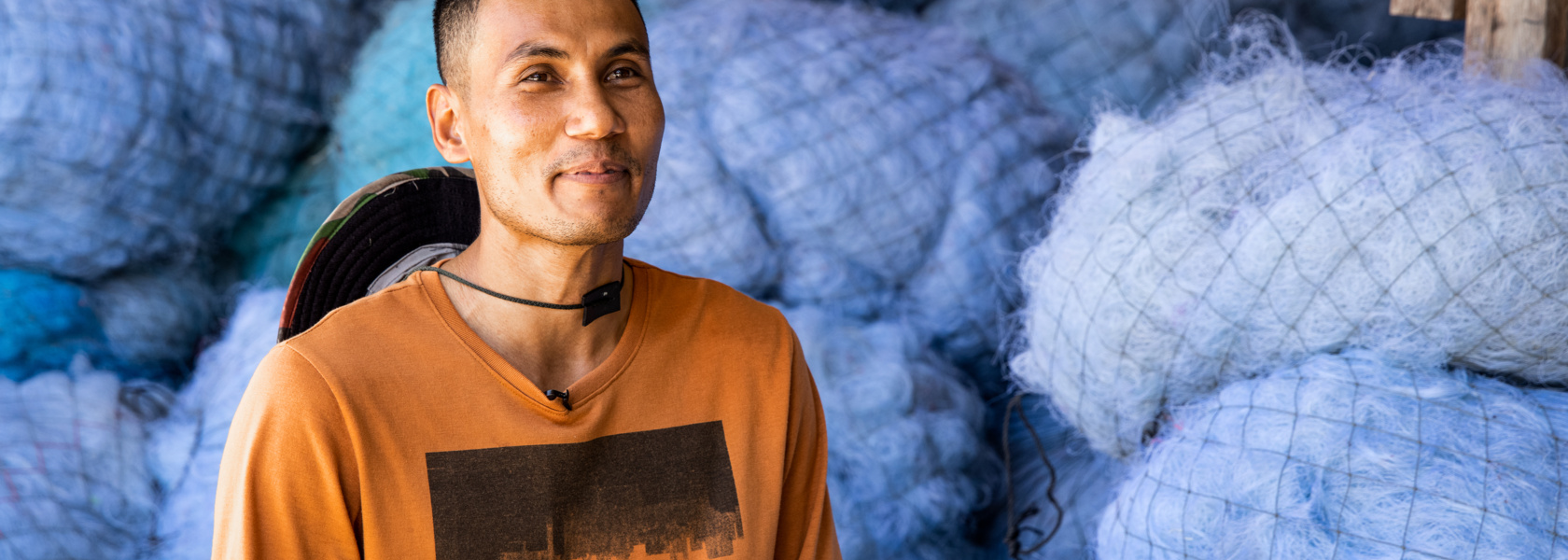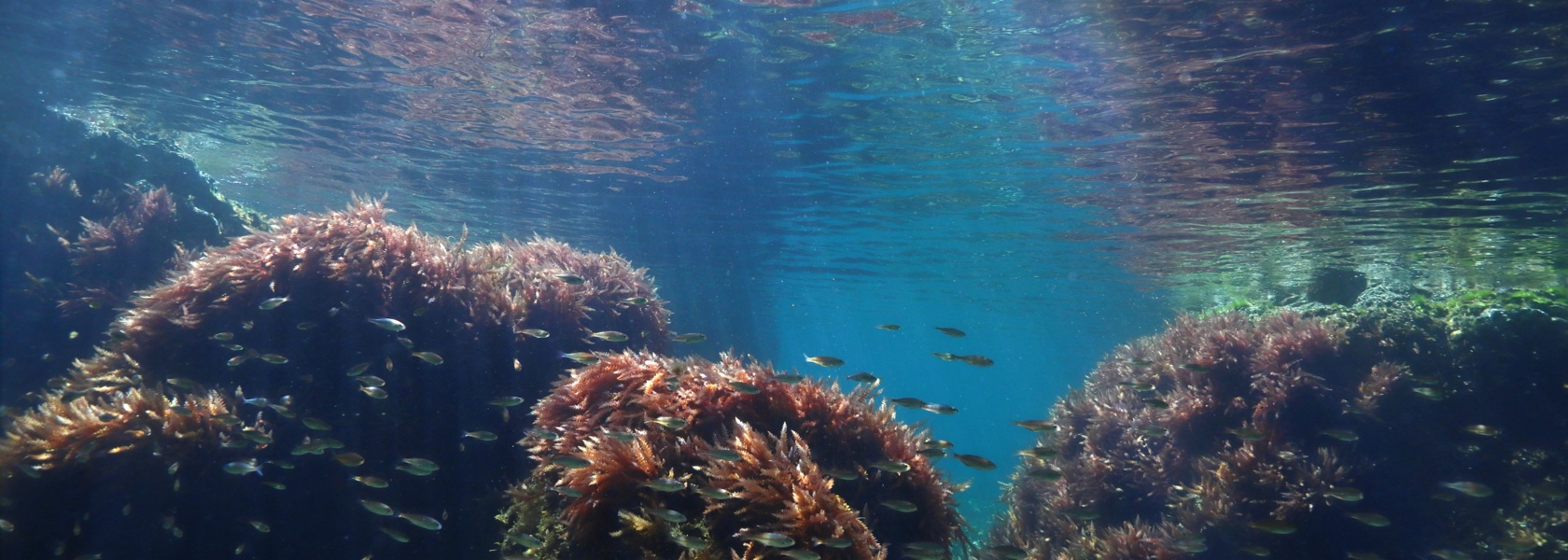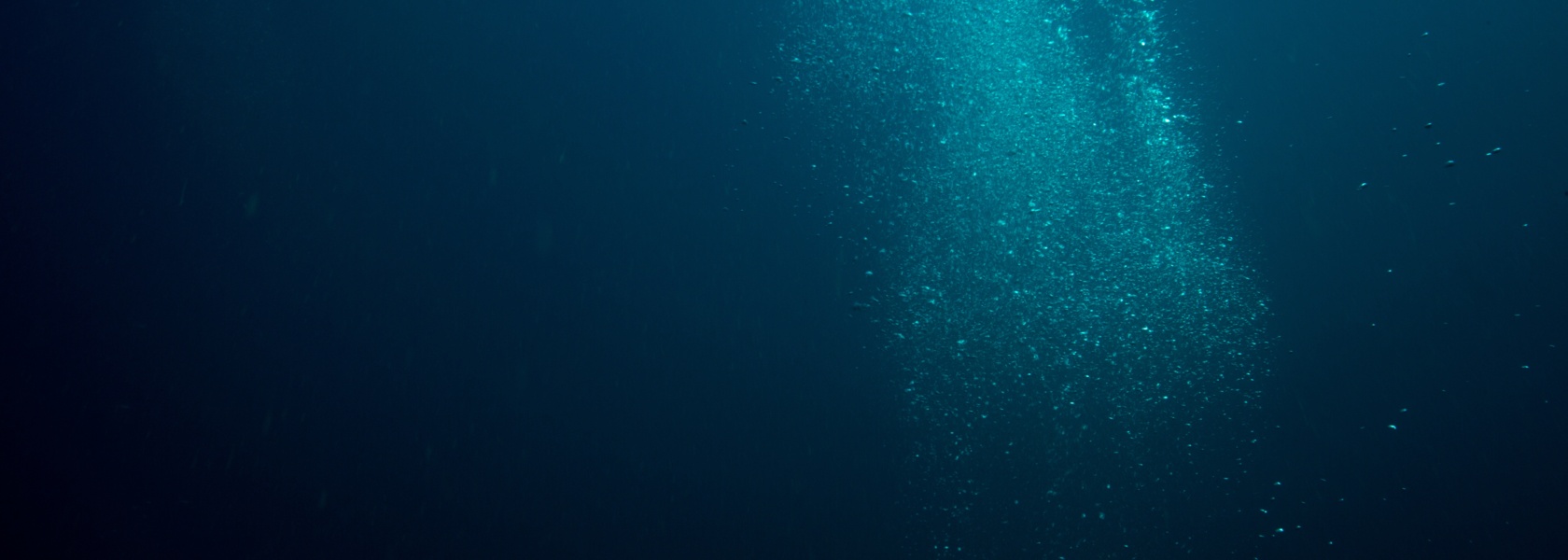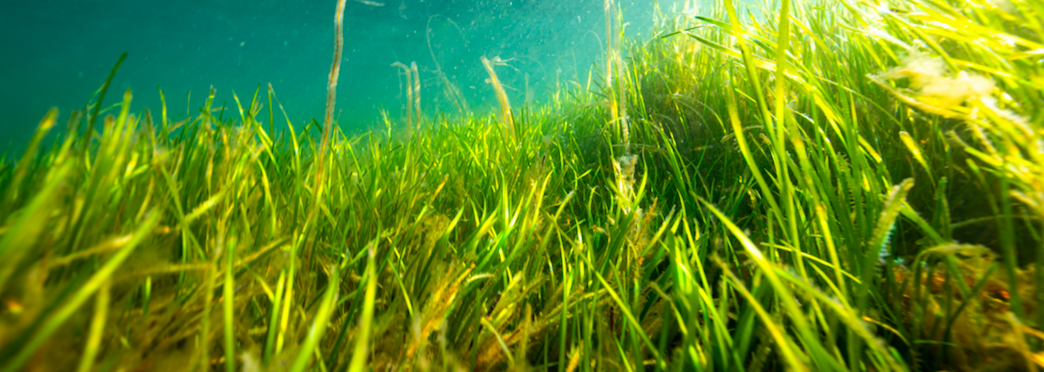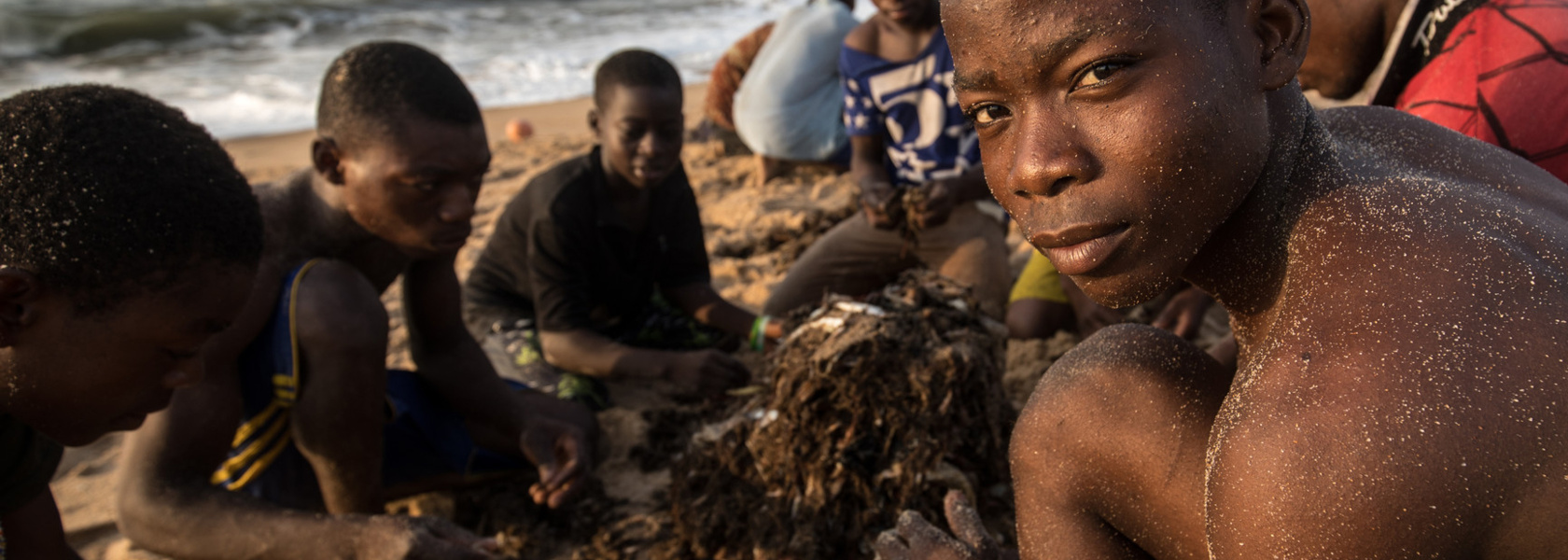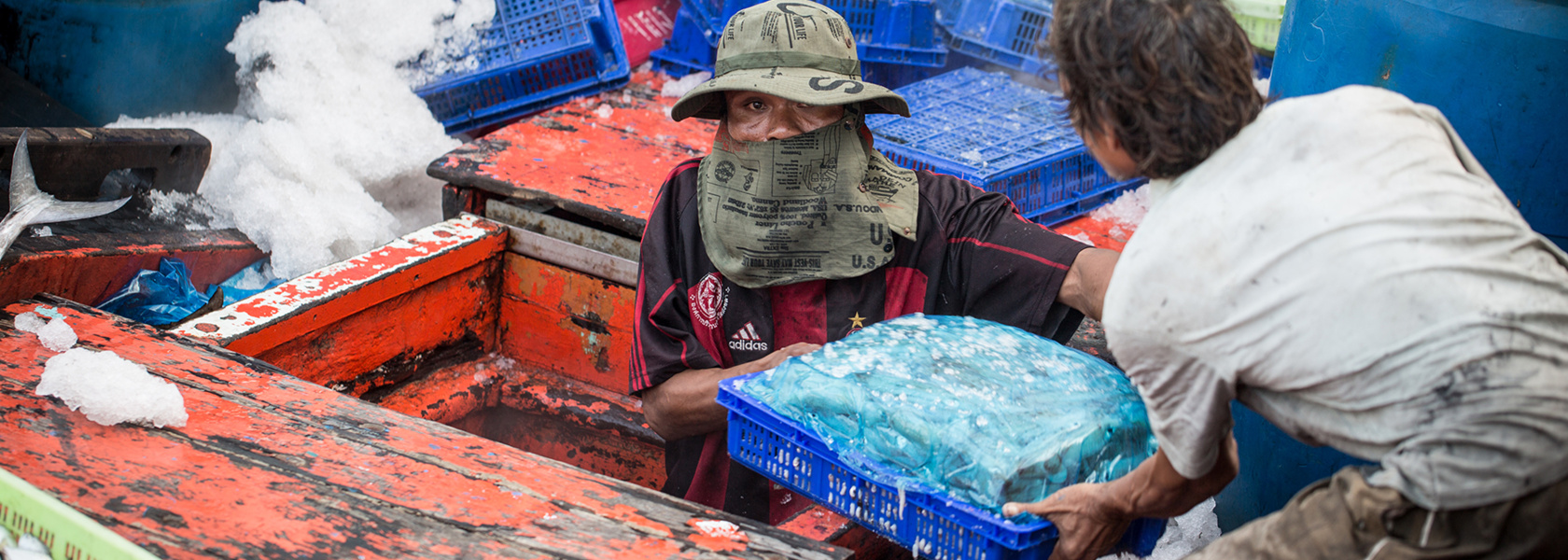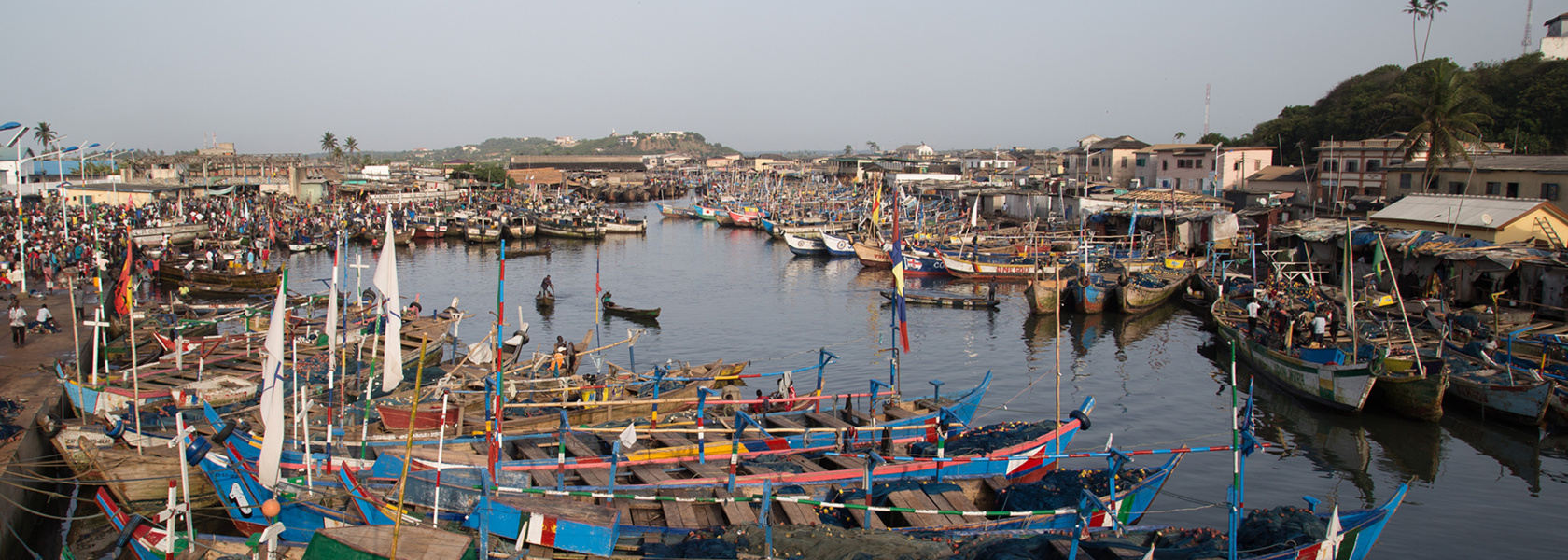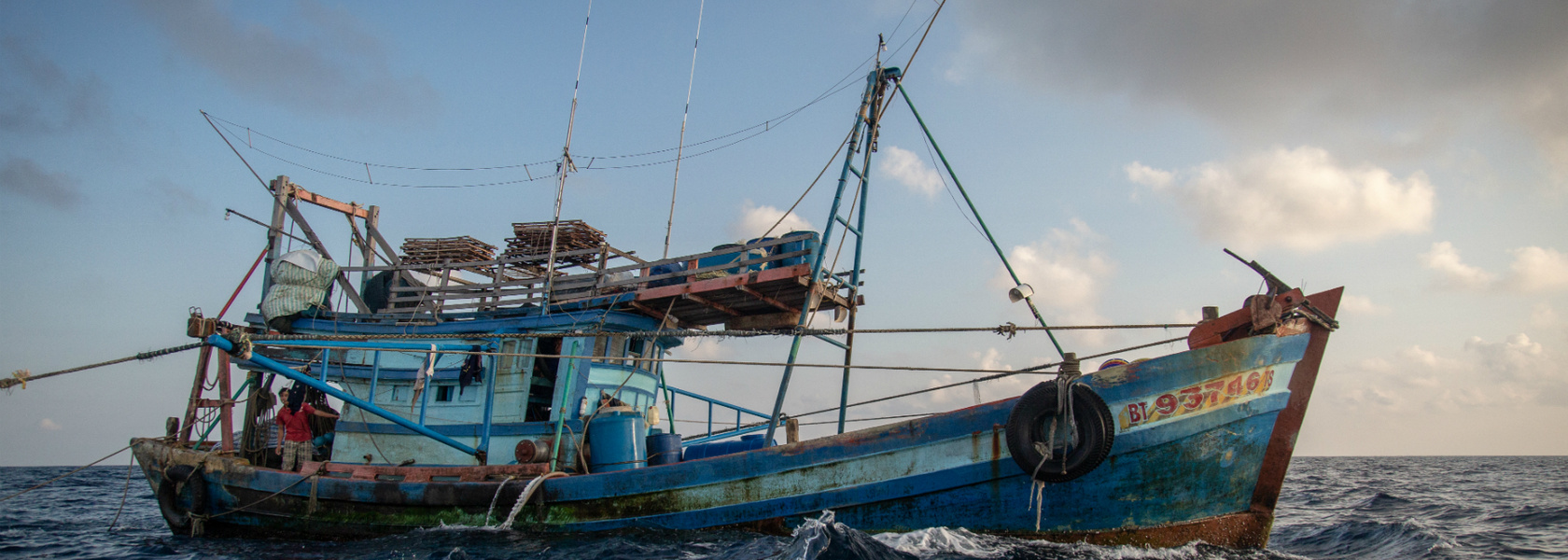An estimated 80% of Liberia’s population is dependent on fish for essential protein. Small-scale fisheries also provide employment for 33,000 people in the country and play a critical role in the economy, accounting for up to 10% of GDP. But illegal fishing is threatening this vital source of food and livelihoods.
Trawlers fishing illegally in Liberia’s waters are able to catch vast amounts of seafood, impoverishing local communities and destroying marine ecosystems. However, fishing communities can act as custodians of the resources they rely on, safeguarding the sustainability of Liberia’s waters.
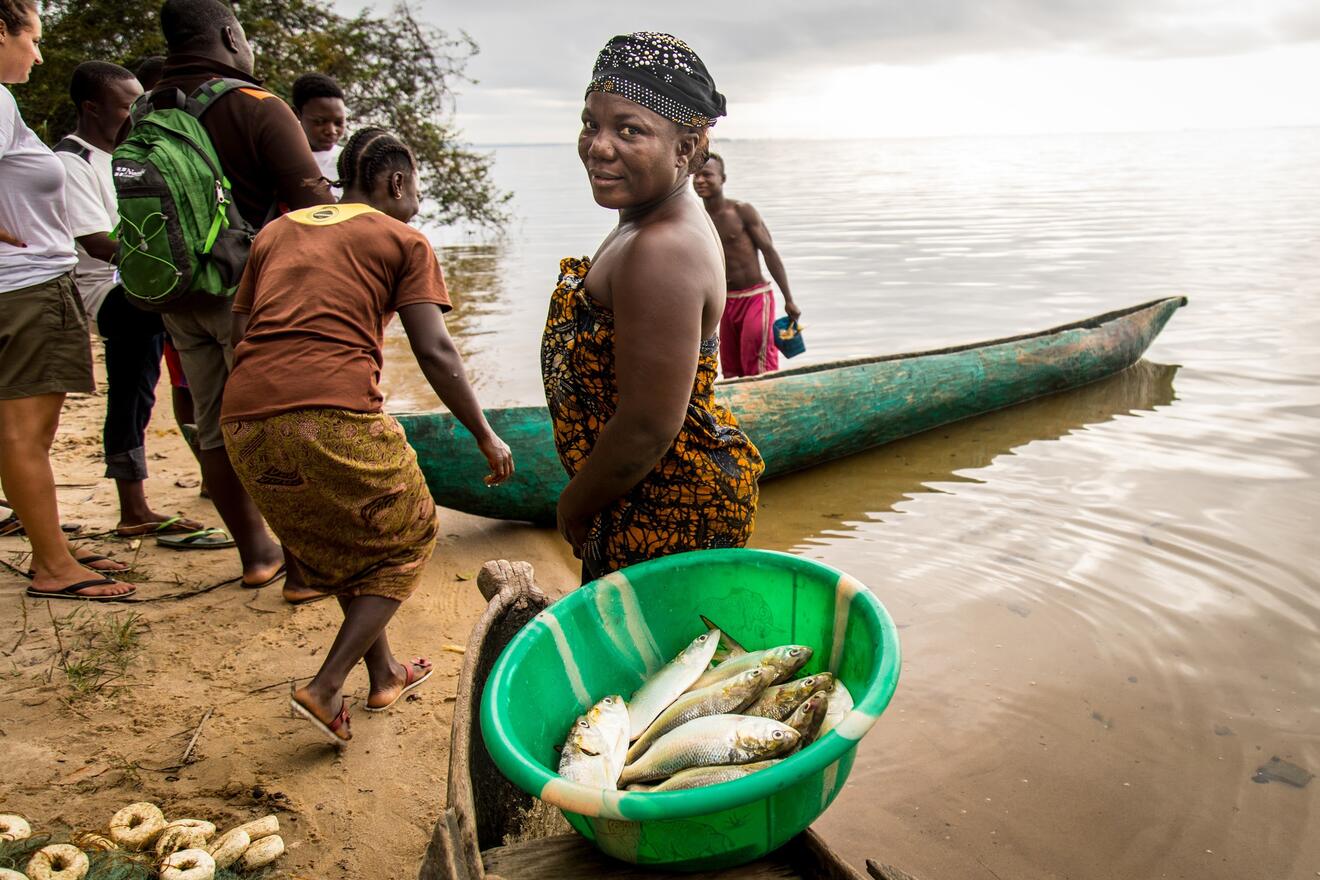
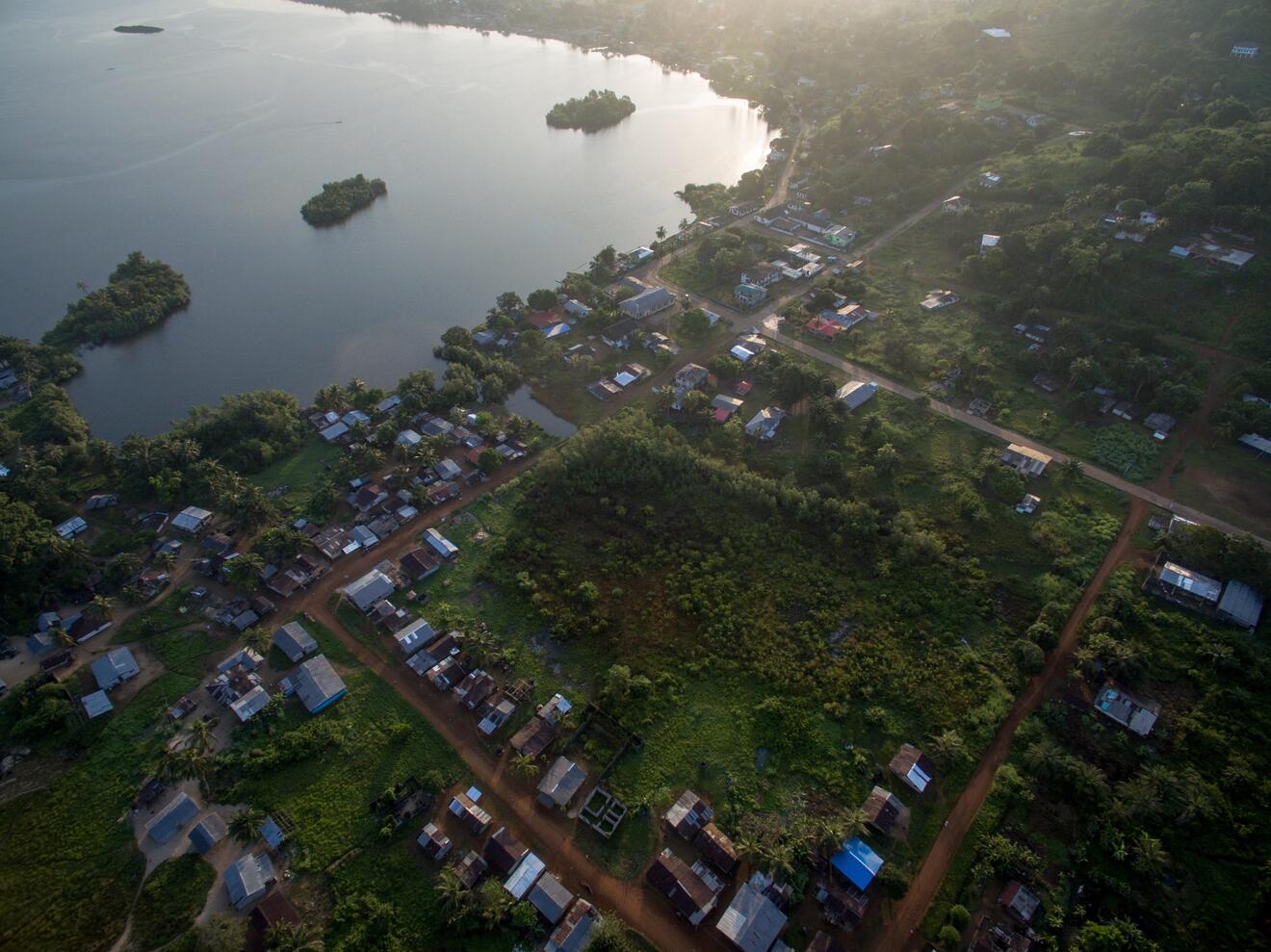
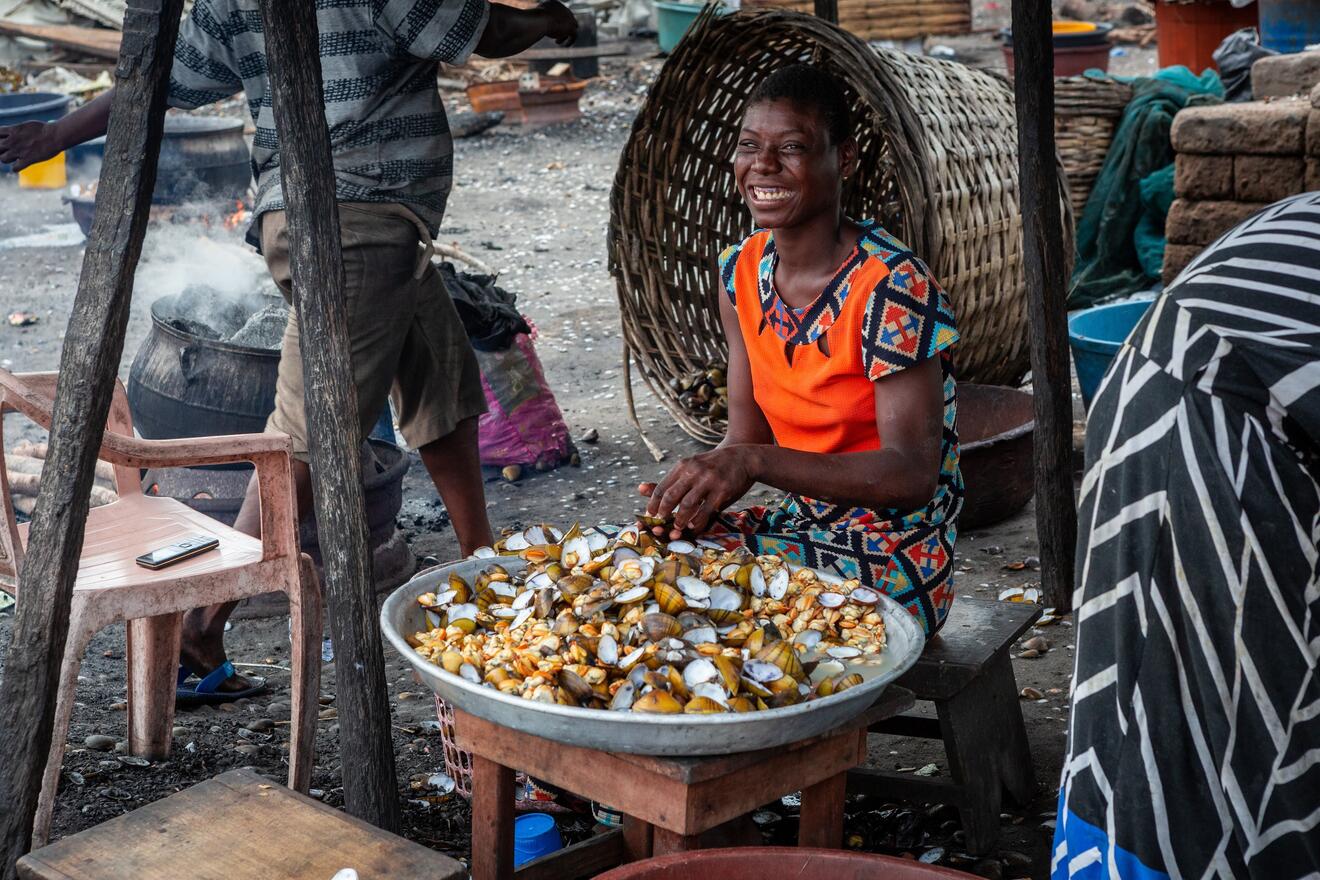
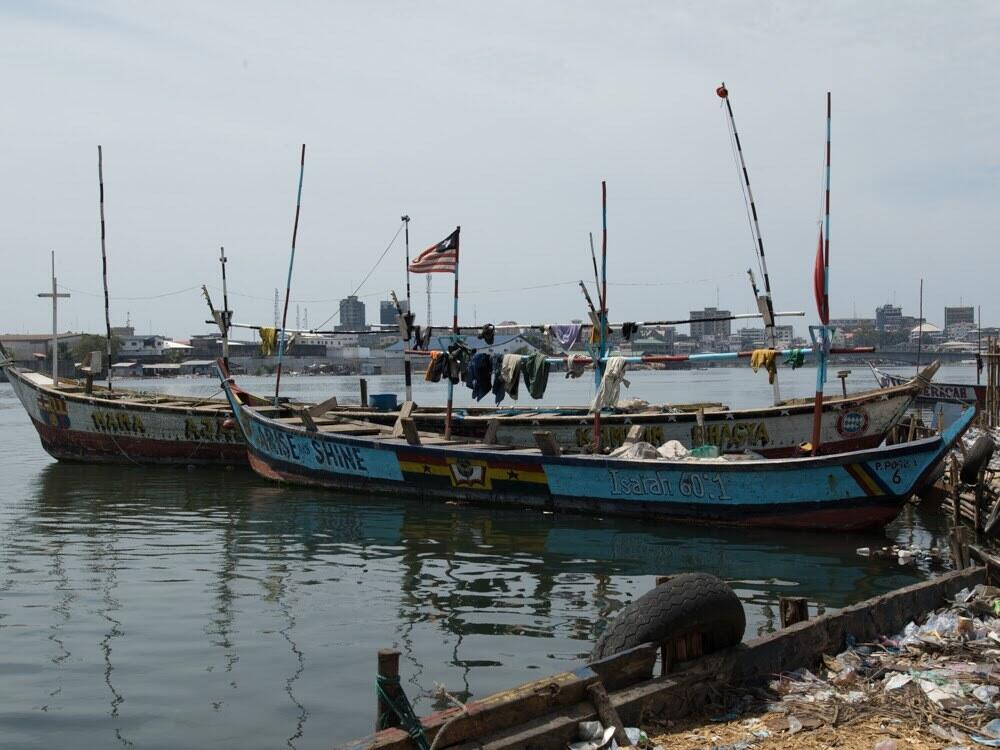
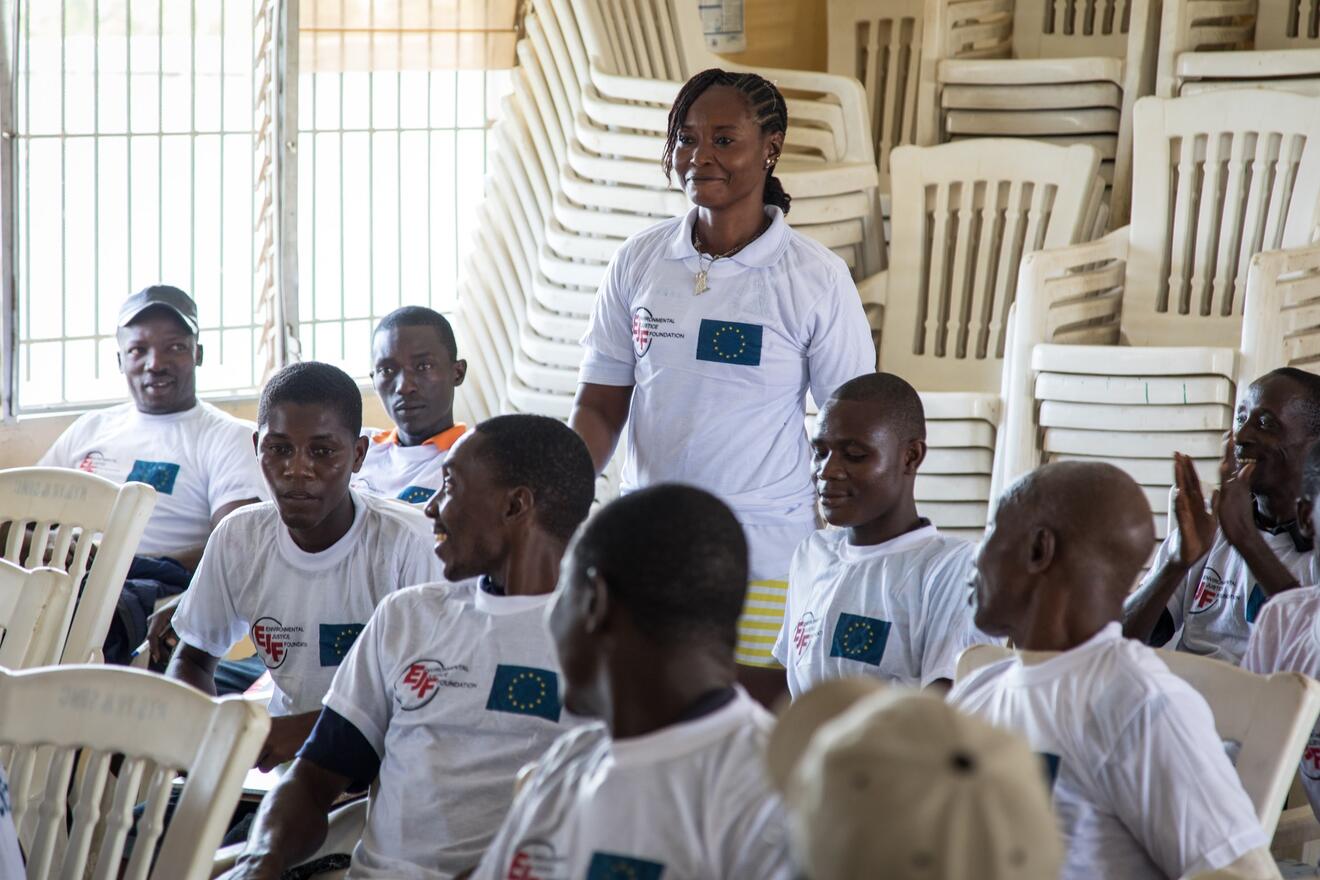
Empowering fishers, building sustainability
In this four year project, EJF aims to help secure legal, sustainable and equitable fisheries in Liberia. We will work on:
- empowering communities to co-manage fisheries and reduce illegal fishing;
- building lasting sustainability and social equity into Liberia’s fishing sector;
- engaging and empowering women, who make up 60% of the fisheries workforce, and must be included in decision-making to ensure long-term sustainability.
The project is part of the EU-Liberia Agricultural partnership programme, and continues almost a decade of EJF work in Liberia.
About Liberia
Liberia is in West Africa, and borders Sierra Leone, Guinea and Côte d'Ivoire. Significant proportions of Liberia’s population live with poverty and food insecurity, with 31.9% classified as undernourished and 50% of the population living on less than US$2 a day. The country has suffered multiple civil wars since 1989.
Fisheries are a crucial part of Liberians’ income, well-being and survival, and a life support system for coastal communities. This means that tackling illegal fishing and giving the power to manage fisheries to local communities is of paramount importance for the country. A key approach for doing this is through Collaborative Management Associations (CMAs). These associations give local fishers collaborative control over Territorial Use Rights for their fisheries, as well as greater understanding and input on issues from landing zones to permitted catches. This has brought a reduction in illegal fishing and an increase in catches for the fishers.
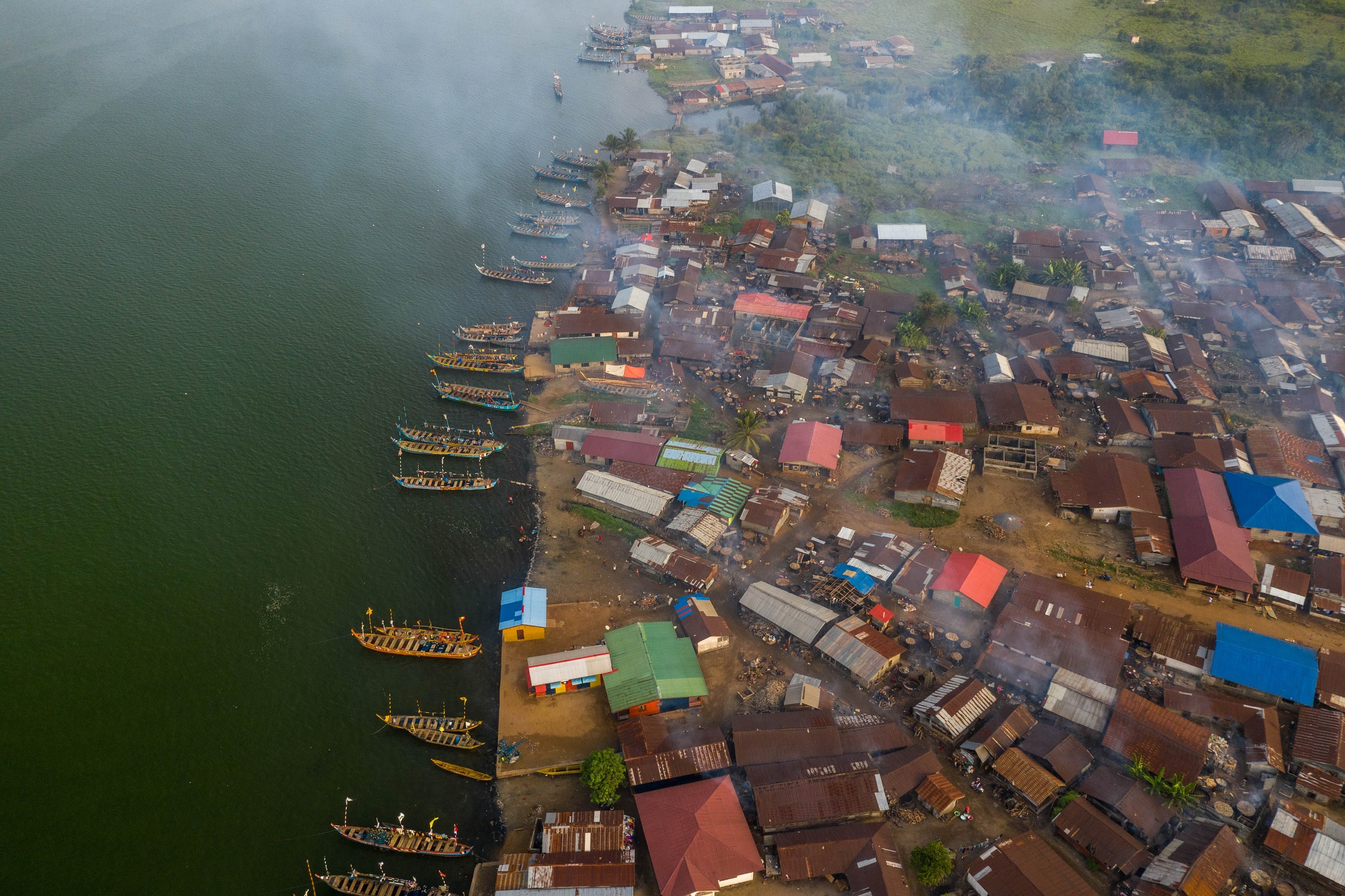
EJF's history in Liberia and West Africa
EJF has worked to eradicate illegal fishing in West Africa since 2006, with grassroots projects beginning in 2009 in Sierra Leone and Liberia and more recently in Cote d’Ivoire and Ghana. Our work links building local capacity to identify and report illegal fishing with high-level advocacy at national level and taking our investigative evidence to the EU and other international decision makers.
EJF has supported collaborative management associations in Liberia, which strengthen the voice of communities in managing and protecting essential fish populations. The approach helps to empower communities as stewards of the marine environment, whilst also providing the visibility and engagement for responsible fishing practices too.
We have also successfully campaigned to protect fishing spaces for small-scale fishers in Liberia's Inshore Exclusion Zone, keeping industrial trawlers away from the area. We issue alerts for ships suspected to be fishing illegally in Liberia's waters, with the most recent of those reported in January this year. Using satellite tracking data, we identify suspicious vessel patterns and then pass this information to the Liberian authorities.
The EU’s EuropeAid programme has previously supported EJF’s work to secure sustainable fisheries management in Sierra Leone and Liberia.
Biodiversity and illegal fishing
The oceans around Liberia are home to an amazing array of wildlife, including turtles, sharks and rays.
Illegal, unsustainable fishing and poaching threaten them all, making establishing sustainable fisheries vitally important.
Since we started working in Liberia, we have secured positive commitment from the Liberian Government that they will implement a national plan of action to protect sharks and rays. We have also worked with local communities to protect sea turtles, and, most of all, fought the injustices which drive people to the point of having to sell turtle meat to educate their children.
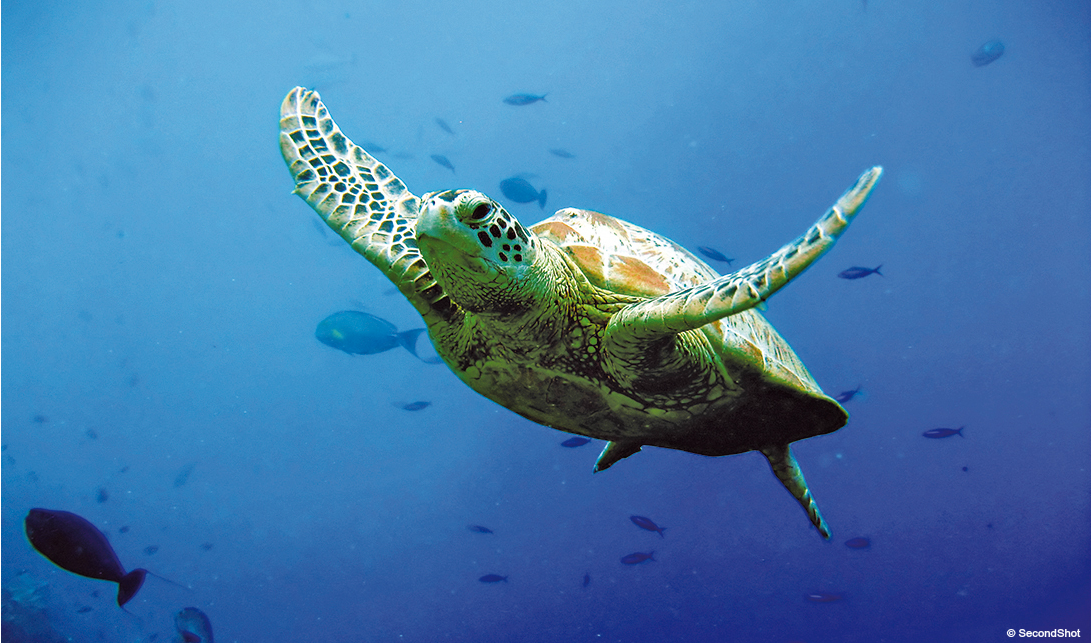
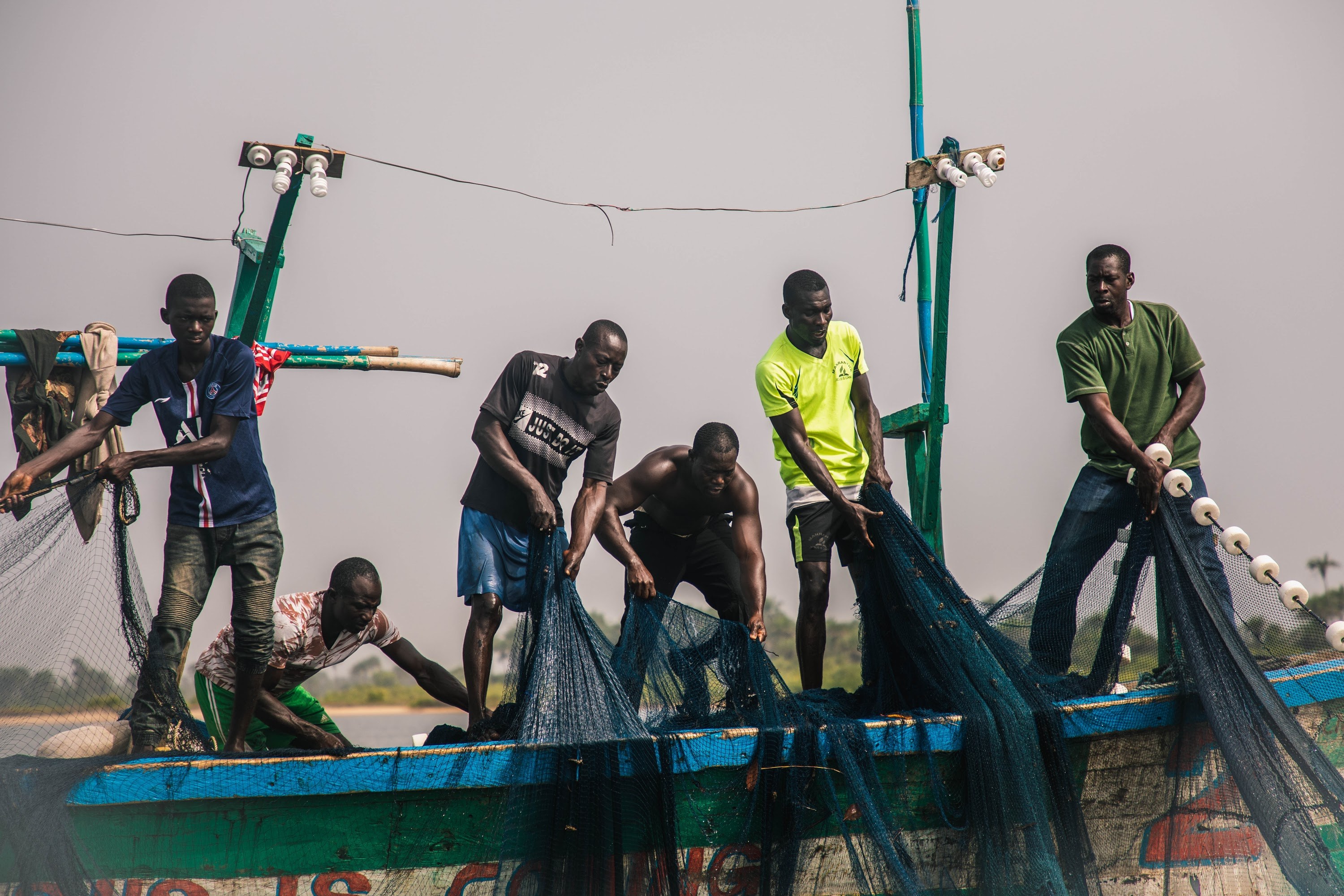
EJF have helped us in that anytime we find that there is a trawler, we coordinate and they help us so that we can track those trawlers down. Since EJF took the CMA as a local partner, we have been able to arrest three trawlers. EJF is also helping us to give awareness to our members out there on how they should govern themselves and how they should manage their fisheries. These are the things EJF been doing for us, it’s so great for us.’
John Adams, head of the Robertsport Collaborative Management Association (CMA) in West Point, Liberia, which EJF has supported since 2013.
Giving fishing communities the tools they need
If local people are given the skills and equipment to collect evidence, such as taking good quality, geotagged photos of trawlers fishing illegally, they can create an effective line of defence for Liberia’s fish populations. Once this evidence is collated, the government will be able to effectively prosecute the perpetrators, deterring illegal fishing in the future.
We are making sure local communities have everything they need to monitor their fisheries. We are also providing training in citizen science, which will mean that important data on fish catches can be recorded at the landing beaches, providing crucial input for sustainable management.
The project also engages the Liberian government, national and international media, and academics. Fully implemented co-management will not only benefit communities, but also policymakers who have limited resources at their disposal. The data collected by citizen scientists will allow academics to research the health of marine wildlife populations and draw up effective fisheries management plans - all leading to the final goal of sustainable fisheries, co-managed by coastal communities, in Liberia.
This webpage was created and maintained with the financial support of the European Union. Its contents are the sole responsibility of EJF and do not necessarily reflect the views of the European Union. Find the European Union in Liberia on Facebook or on their website.


